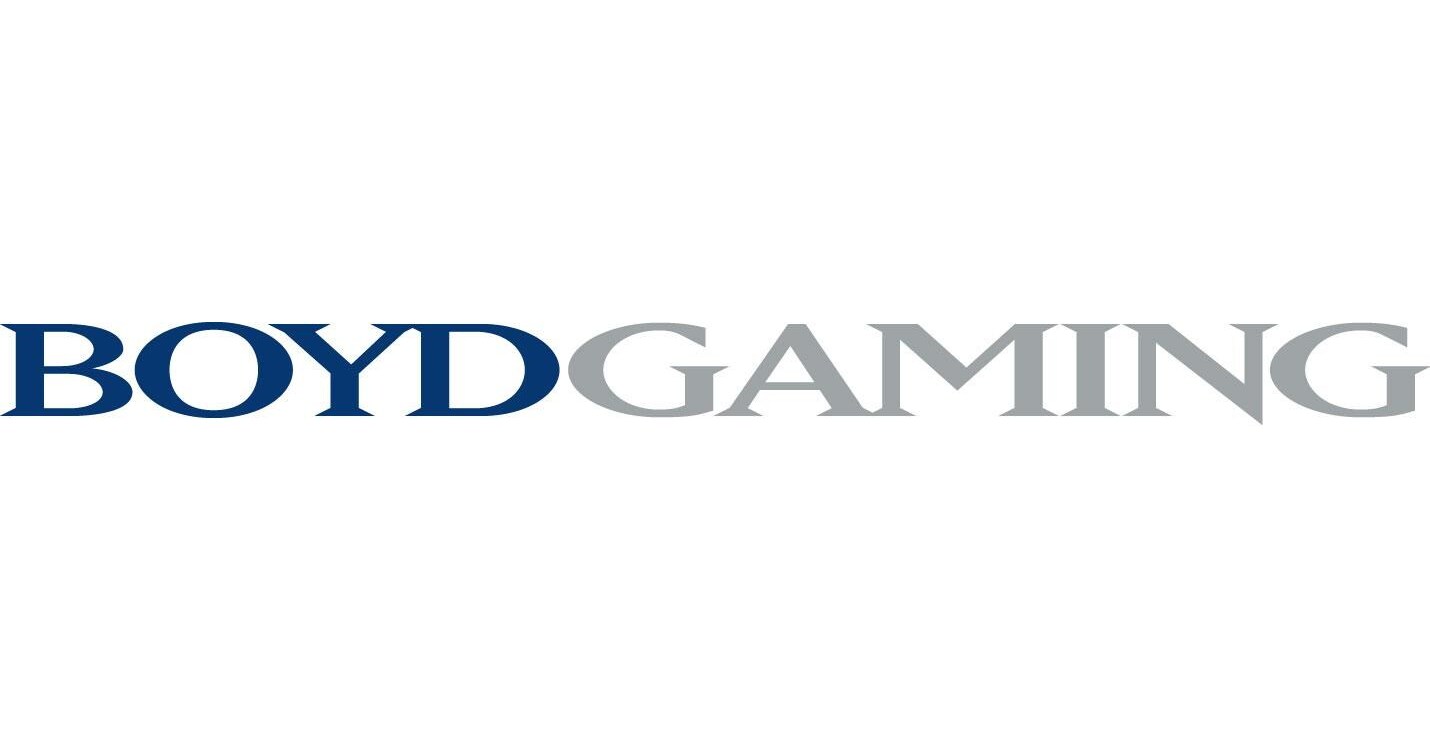The national average Healthy Diet (CoHD) cost was N1,265 per adult per day in July 2024, the National Bureau of Statistics (NBS) said.
In its “Cost of a Healthy Diet July 2024” report published on Friday, the statistics office said this is 1.9 per cent higher than the amount recorded in the previous month (June 2024 was N1,241).
The bureau said in July, the average CoHD was highest in the South West at N1,581 per adult per day, compared to N956 per adult per day in the North West.
The report said CoHD is the least expensive combination of locally available items that meet globally consistent food-based dietary guidelines.
It explained that it measures physical and economic access to healthy diets. It said this is a lower bound (or floor) of the cost per adult per day, excluding transportation and meal preparation costs.
“The National Average Cost of a Healthy Diet was N1,265 per adult per day in July 2024. At the State level, Ekiti, Ogun and Osun States recorded the highest costs with N1,632, N1,612, and N1,611, respectively. Katsina, Adamawa and Sokoto accounted for the lowest costs with N884, N914 and N927.
“At the zonal level, the average CoHD was highest in the South West zone at N1,581 per day, followed by the South-South zone with N1,487 per day. The lowest average Healthy diet cost was recorded in the North West zone with N956 per day,” the NBS said.
Cost share by food group
According to the bureau, animal-sourced foods were the most expensive food group recommendation to meet in July, accounting for 36 per cent of the total CoHD and providing 13 per cent of the total calories.
It said fruits and vegetables were the most expensive food groups in terms of price per calorie; they accounted for 10 per cent and 17 per cent, respectively, of total CoHD while providing only 7 per cent and 5 per cent of total calories in the Healthy Diet Basket.
It added that, on average, legumes, nuts and seeds were the least expensive food group, at 7 per cent of the total cost.
In recent years, food prices have been on the rise across Nigeria. The situation deteriorated due to the impact of government policies such as the removal of subsidies on petrol, among others.
The upward trend in the prices of these staples and other products has weakened the purchasing power of many citizens, making it difficult for many households in the country to afford daily meals.
Nigeria’s annual inflation rate in July eased after a persistent rise in nearly two years. The inflation rate eased to 33.40 per cent in July 2024 compared to 34.19 per cent in June, the NBS said in its latest inflation report.
According to the report, the food inflation rate in July 2024 was 39.53 per cent yearly, 12.55 per cent points higher than in July 2023 (26.98 per cent).
On Friday, the statistics office said the CoHD had risen faster than general inflation and food inflation.
However, it noted the CoHD and the Food Consumer Price Index (CPI) are not directly comparable; the CoHD includes fewer items and is measured in Naira per day, while the food CPI is a weighted index.
“The Cost of Healthy Diet (CoHD) has been steadily rising over the past six (6) months, since February 2024. In July 2024, the CoHD was 35 per cent higher than in February 2024 (N934). It was also 2 per cent higher than the cost in June 2024 (N1,241).
“The main drivers of this increase in CoHD are vegetables, legumes, nuts and seeds, and starchy staples. On the other hand, oils and fats saw a decline in price by 6 per cent on a monthly basis,” it said.
In the past year, the NBS said the CoHD and the cost of all other goods and services increased at roughly the same rate until July 2023, when CoHD increased at a faster rate than all goods and services (general CPI) and more than all foods for which retail prices are collected.
The bureau said in July 2024, Kwara (Rural) topped the chart with the highest Cost of a Healthy (CoHD) at N1,985 per adult per day.
Conversely, it said Katsina (Rural) offered the most affordable option at N864 for CoHD.
Interestingly, the NBS said some of the least-cost food items remained consistent across both locations. These included millet whole grain, palm oil, onion, dried okra and crayfish (small white).
“However, price variations between these locations resulted in different costs per item. Also, some unique least-cost options emerged. For instance, Kwara (Rural) favoured agricultural egg as the most affordable animal source foods, whereas Katsina (Rural) opted for crayfish.”
READ ALSO: Cost of healthy diet in Nigeria up N982 in March – NBS
The NBS noted that the Cost of a Healthy Diet provides important information about food access, a key aspect of food security useful for government, civil society and development partners, the private sector, and researchers.
For instance, it said that where the cost of a healthy diet is high, it is possible to identify which least-cost items and food groups are driving the high price.
Stakeholders can identify supply challenges in specific foods or groups, such as improved production, distribution, or market access.
“These results can also foster collaboration among a wide range of stakeholders, such as policymakers, researchers and civil society actors that focus on food security, to devise strategies that tackle access, availability, and affordability of healthy diet effectively.
“Future research incorporating income can also be used to determine the proportion and number of the population that are unable to afford a healthy diet,” it said.
The report said the retail food price data used in this analysis is collected by the NBS monthly from 10,534 informants spread across the country, from urban and rural outlets in each state and FCT.
“NBS collects these prices routinely for monitoring inflation, including prices of over 200 retail food items. Nearly 150 of these food items are potentially included in a healthy diet, and the price data for these items are used to compute the CoHD.
“In Nigeria, CoHD is the minimum cost of foods needed to meet international recommendations defined in the Healthy Diet Basket (HDB), a globally relevant set of criteria that captures similarities across most national food-based dietary guidelines (FBDG).
“The HDB was created as a comparable standard to calculate and compare the cost and affordability of healthy diets across countries; the HDB is most relevant for countries where there is not yet a quantified national FBDG, like Nigeria,” it said.
Support PREMIUM TIMES’ journalism of integrity and credibility
At Premium Times, we firmly believe in the importance of high-quality journalism. Recognizing that not everyone can afford costly news subscriptions, we are dedicated to delivering meticulously researched, fact-checked news that remains freely accessible to all.
Whether you turn to Premium Times for daily updates, in-depth investigations into pressing national issues, or entertaining trending stories, we value your readership.
It’s essential to acknowledge that news production incurs expenses, and we take pride in never placing our stories behind a prohibitive paywall.
Would you consider supporting us with a modest contribution on a monthly basis to help maintain our commitment to free, accessible news?
Make Contribution
TEXT AD: Call Willie – +2348098788999









